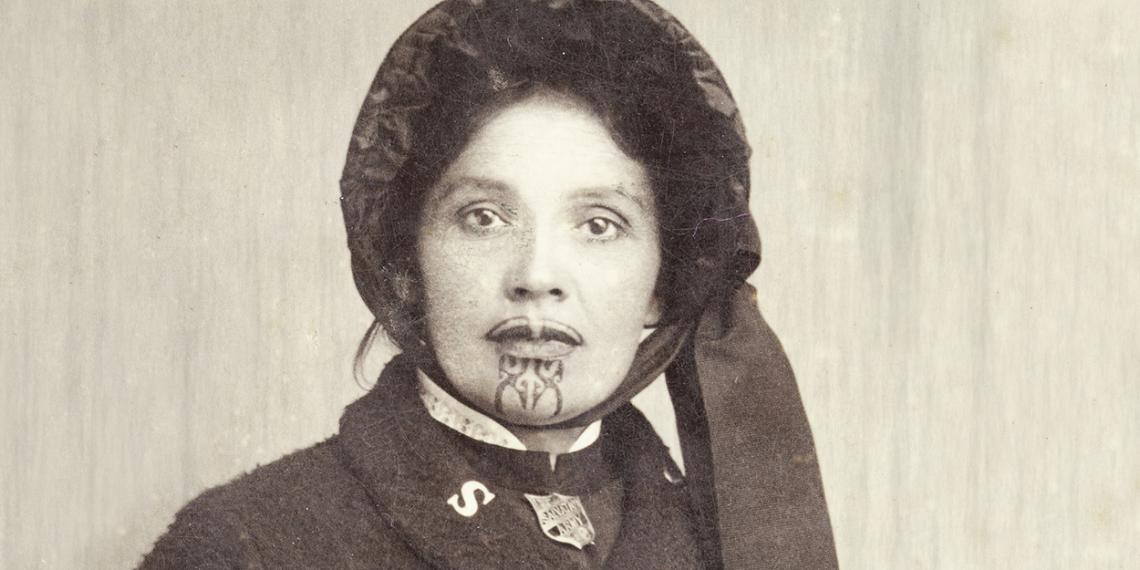Maraea Moana Morris (Mohaki)

Maraea Morris (Mohaki) stood on the edge of the crowd one Sunday in 1886. She watched as three young men sang and marched down the middle of Gladstone Road, Gisborne, in their Salvation Army uniforms and into a hall.
Hesitant to enter the hall, yet wanting to know more about this Salvation Army she knew only a little about, Maraea slipped in beside a Wesleyan minister. Inside she heard Ernest Holdaway reading the last chapter of Revelation. The words had a profound effect on her.
Born to an Irishman, William Morris, and Puihi Te Umutapu, a Maori woman of rank in 1844, Maraea spent her childhood in and around her father’s public house. Then at age nine, she was sent to the Three Kings Native Institution, a Wesleyan Mission, where she learned to read and write, pray and read the Bible. She returned home two years later.
Soon after her return, Maraea’s mother died and her father began to drink heavily. As home life became more and more unbearable she ran away to her mother’s tribe in Poverty Bay and began attending the Maori Church of England.
In 1863 she married a young chief named Pera Taihuka. Five years later, on the orders of Te Kooti, he was murdered before her eyes. She vowed she would not rest until she had revenge on Te Kooti.
While in captivity herself, she noticed that Te Kooti gave his orders in a drunken frenzy. One day he claimed to have received divine authority to make a human sacrifice. Maraea and another were chosen as his victims. Just as they were about to be killed a gunshot was heard. The rebels scattered and the two captives escaped.
Still filled with vengeance, Maraea moved from place to place searching for Te Kooti, unable to find him. Her desire for revenge had darkened her life. Then, she heard Captain Holdaway reading that passage from Revelation.
Her heart was stubborn and she struggled with her anger. She was asked to forgive Te Kooti but flatly refused. The captain prayed for her and the light broke through her darkness. Crying out to God for forgiveness she pardoned Te Kooti—she knew she was saved.
She was later commissioned as colour sergeant at Gisborne Corps, and went on to represent Maori in The Salvation Army in Gisborne and Wanganui, and at Congress in Melbourne. She died in 1907 after an accident with a horse and gig.